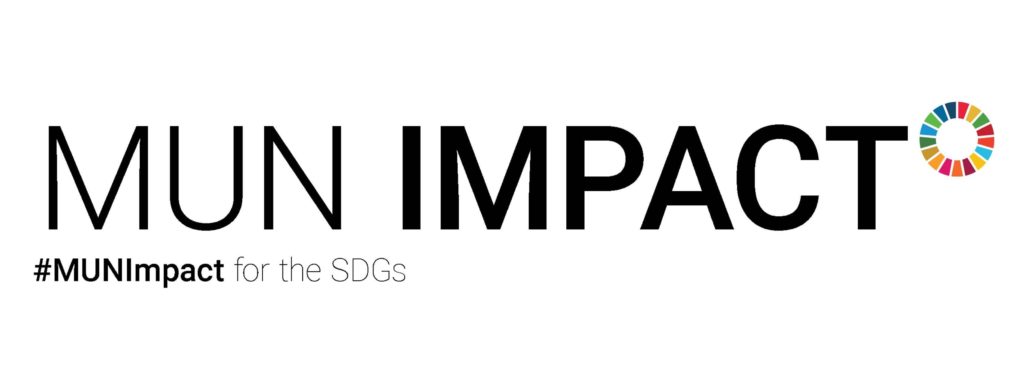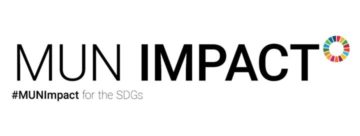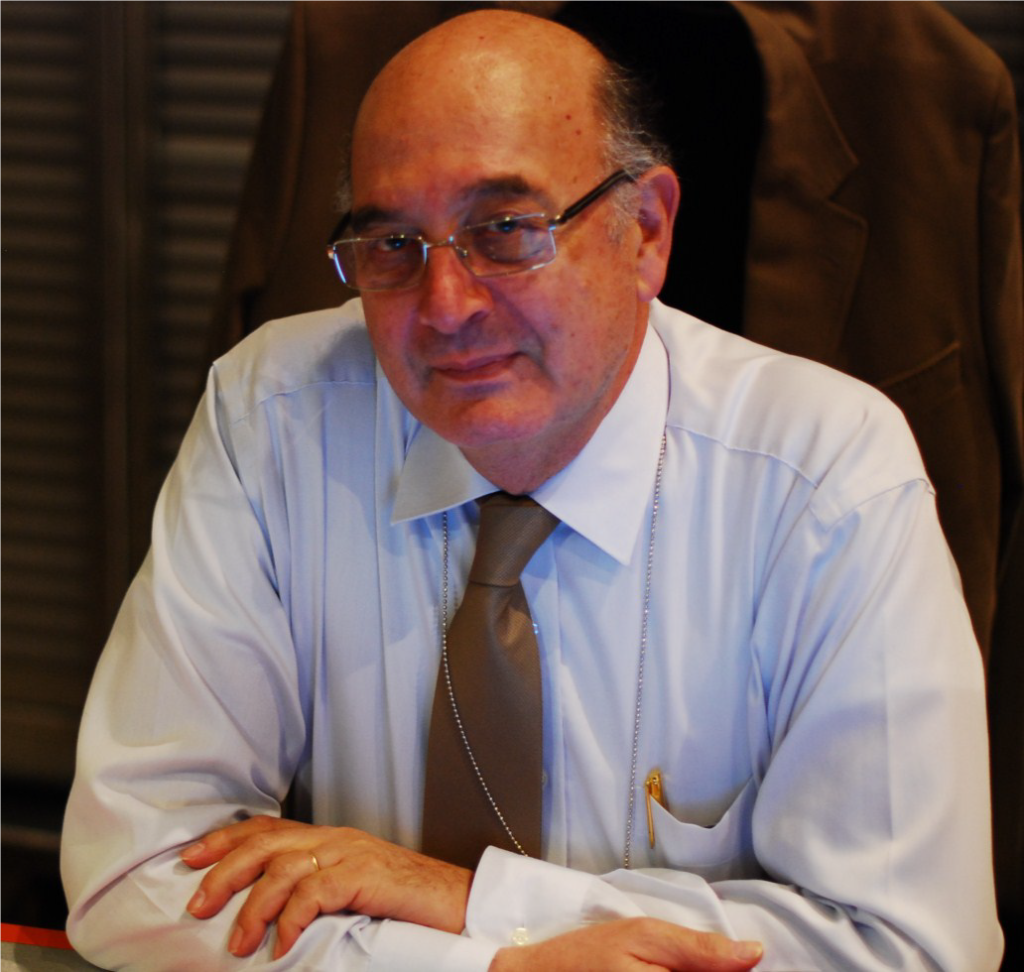By Ouriel Reshef (MUN and Paris Model UN (PAMUN) Director Emeritus)
In those troubled times, we are so concerned about what happened yesterday and what is happening today, that we fail to pause and take the bird’s eye view of longer term assessment, and miss taking stock of achievements kept hidden by the turmoil of current events. As a result, we may miss the deeper meaning of our own action, as we ignore how it is but a link in a long chain, plunging its roots in the past as well as looking up to a (hopefully) brighter future. This is the case, for instance, for Human Rights. (1)
Consider the extent of documents produced by the United Nations on the matter of Human Rights: (2)
- Universal Declaration of Human Rights (1948)
- Genocide Convention (1948)
- Convention on the Elimination of All Forms of Racial Discrimination (1965)
- International Covenant on Civil and Political Rights (1966)
- International Covenant on Economic, Social and Cultural Rights (1966)
- Women’s Convention (1979)
- Convention against Torture and Other Cruel, Inhuman or Degrading Treatment or Punishment (1984)
- Convention on the Rights of the Child (1989)
- International Convention on the Protection of the Rights of All Migrant Workers and Members of Their Families (1990)
- Convention on the Rights of Persons with Disabilities (2006)
- Declaration on the Rights of Indigenous People (2007)
The doctrinal compass for all these documents is the proposition that there is a universal standard, framed mainly in terms of human rights, that all states live up to in their treatments of all people under their jurisdiction (sovereignty notwithstanding). This is a revolutionary proposition! Its roots are in the Enlightenment and the American and French Revolutions, and the progressive abolition of slavery in the 19th century, but of course, it has received a tremendous boost in the 20th century’s horrors.
Except for the Convention on the Rights of Indigenous People, which recognizes rights of people for belonging to a specific community, all other documents unambiguously ascribe rights to individuals – as individuals, on their account – and affirm that individuals are bona fide moral and legal subjects, rather than valuable only in virtue of their connection or contribution to some group. Those documents also ascribe those rights to all human beings, thus unambiguously rejecting any radical inegalitarianism, for any reason whatsoever.
In a book that has become a classic, The Expanding Circle, Ethics, Evolution and Moral Progress (2011), the philosopher Peter Singer has argued compellingly that the essence of moral progress was the progressive inclusivity of moral norms, the progressively expanding circle of people and situations to which fundamental values applied. Viewed from this perspective, the dozen or so UN documents on Human Rights seem to be the culmination of such an expanding circle … even revealing further summits to conquer. Today, we speak of future generations’ rights, for which we might be accountable, or of animal rights, so the circle keeps expanding.
It would be a dangerous mistake to assume that today’s only question is to continue advancing the human rights movement. Instead, the more fundamental question is how to sustain the conditions that have made the progress already achieved possible. We shouldn’t assume that the progress we have witnessed is ineluctable or reached once and for all. Regression may be looming backstage and waiting to pounce. While aiming for inclusivity and seeking to protect it, exclusivist reactions may still gain the upper hand. Large-scale and highly destructive wars, failed states, lethal global pandemics, ethno-racial conflicts within and between states, environmental deterioration that severely reduces material prosperity, engenders resource scarcity, and damage civil order, oppressive regimes… such developments might be destructive of human rights. We still need to struggle, we still need to be vigilant, and we still need to be aware of our successes’ fragility.
Fortunately, the international community’s collective wisdom, embodied in the United Nations, has developed an awareness that socio-economic, educational, and environmental progress is key to thriving human rights. The Millennium Development Goals (MDGs) and their successor, the Sustainable Development Goals (SDGs), can be seen to some extent to be the answer to the challenge: this is how we intend to buttress human rights by strengthening the conditions of their success. Far from merely being a hodgepodge of wishful thinking, the SDGs embody the very needs of human rights growth. Any progress in achieving any of the 17 SDGs is also contributing to ensure and increase the expanding circle of human rights.
In this context, youth mobilization everywhere, through Model UN, is a source of hope. The world that older generations leave in their hands is rife with multiple failures, too many to count. But it is also a world of some achievements that require their attention, nurture, and grow to full bloom, to bring to fruition. It is not an empty slogan, but true: they hold their future in their own hands, and they can make a difference!
1. This reflection is inspired by Allen Buchanan & Russell Powell, The Evolution of Moral Progress, a biocultural theory, Oxford University Press, 2018.
2 To view the status of ratification: https://indicators.ohchr.org/


